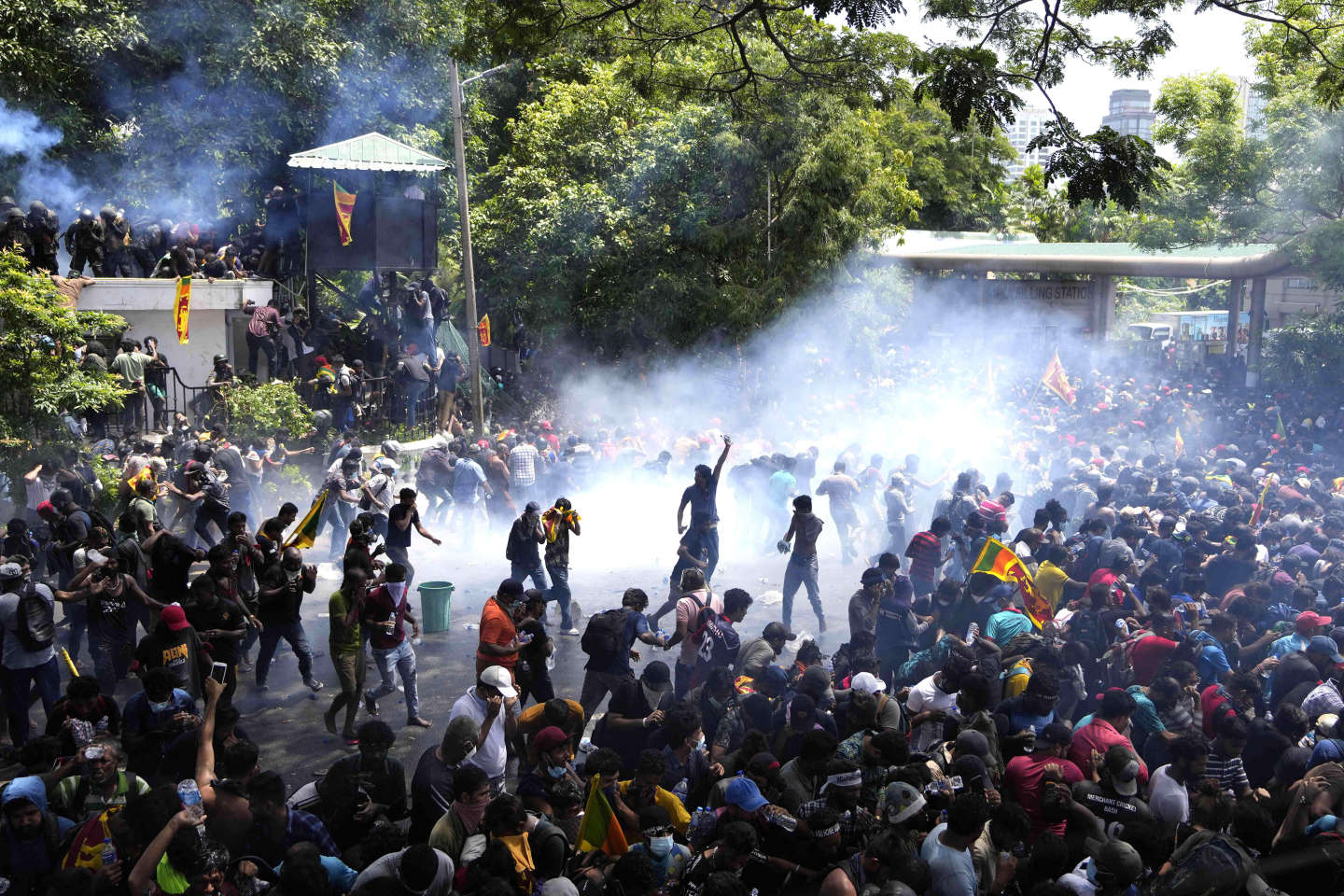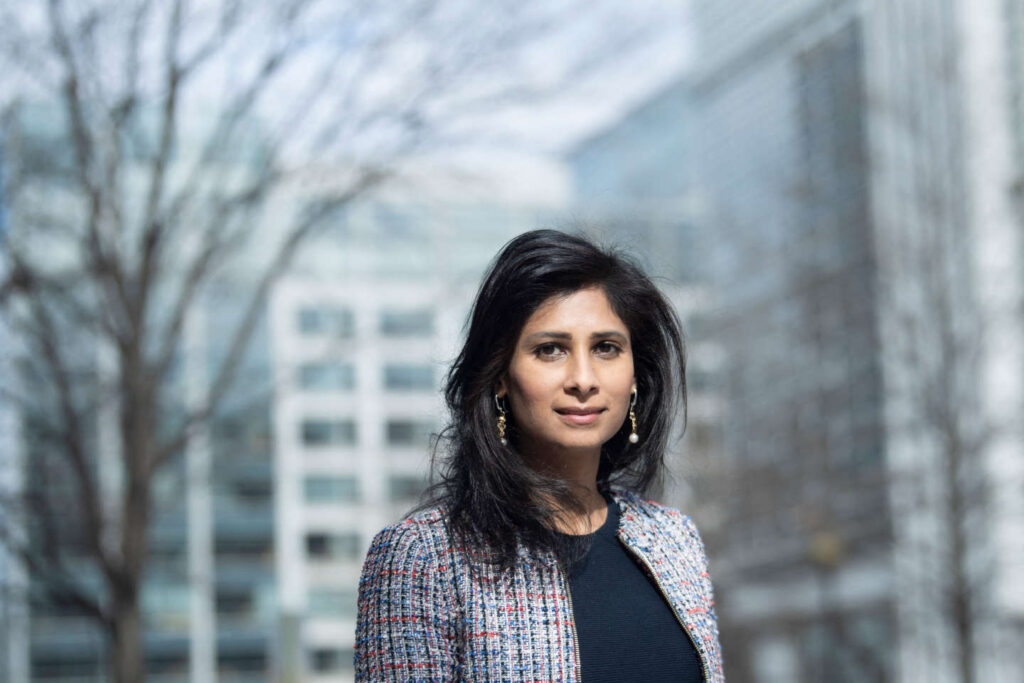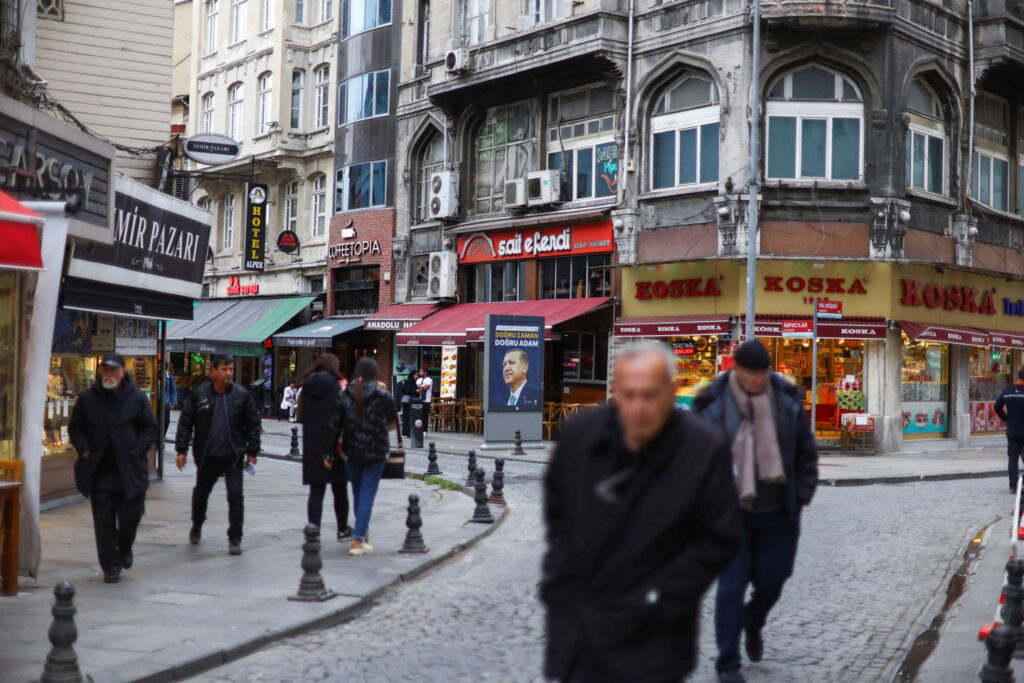Ihen Sri Lanka’s economic crisis hit the headlines a year ago, it had already been escalating for many months. Severe fuel shortages prevented people from going to work, and consumer goods could not be distributed. Imports having virtually ceased, medicines and other essentials were scarce or unavailable. In July, starving people stormed the presidential palace. The president had already fled the country.
However, it was not until March 2023 that the International Monetary Fund (IMF) was able to obtain from its board of directors the approval of a loan to Sri Lanka in order to allow the delivery of first class products. need. And it was not yet a real green light, as the board made loan disbursement conditional on assurances that holdout creditors — namely China — would agree to a restructuring. Sri Lanka is not the only country waiting for funds. The Economist reports that 21 poor countries are either in default or awaiting loan restructuring.
These delays are not attributable to the IMF. The Fund’s charter stipulates that it can only lend if it has the assurance that sustainable economic activity will be restored. If the debt burden is too heavy, all creditors must accept a reduction in the principal due; otherwise, new loans will only be used to pay interest. And in most cases, public policies will need to be adjusted to achieve better results.
Urgent need for an agreement
The current delays result from China’s refusal to take the same haircut as other creditors. Chinese bilateral loans now account for nearly half of government credit to poor countries. When a debtor country cannot repay China, China usually provides a new loan to fund debt service obligations, increasing the amount owed…
In the past, the debts of official creditors were restructured by the Paris Club of sovereign creditors, which brings together countries such as the United States, Japan and France. While the IMF assessed the macroeconomic situation and prescribed policy reforms, the Paris Club and private creditors met to agree on a restructuring plan. The IMF then approved the program and released the funds, after having received the assurance that the country would indeed undertake the necessary reforms. Now that China is such a major creditor, this process is hitting a wall.
You have 35.03% of this article left to read. The following is for subscribers only.



